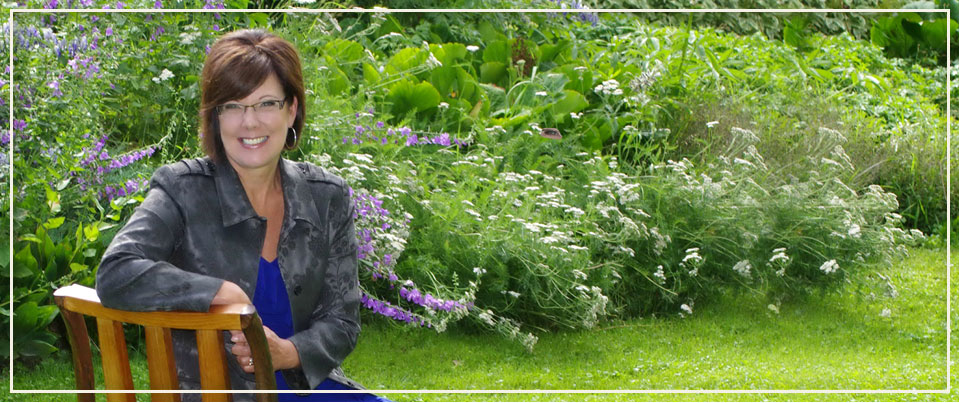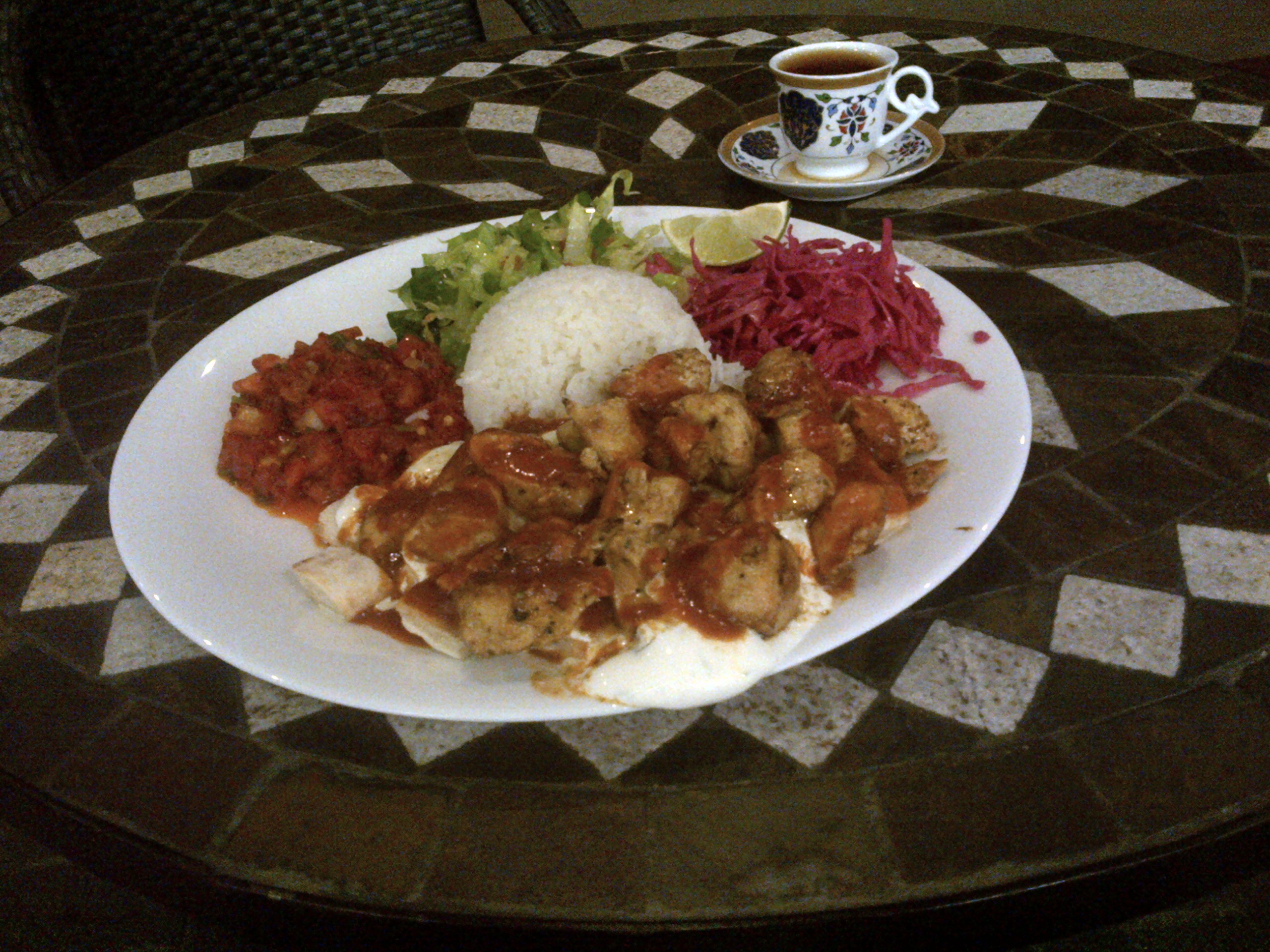It is a very warm and lovely September evening. I am sitting at a table at a Turkish restaurant enjoying a meal and watching the ships slip through the harbor. In the distance a snow peaked volcanic mountain is a dramatic backdrop against the blue of the ocean and the green of the hills. The conversation around me is of a dozen dialects and I converse with a couple from Australia. Italian lovers are swooning on the grass, Arabic men ride boldly on their bikes as they swerve through the crowd, little red headed children in summer frocks run along the shore and old European men shuffle while young women walk hand in hand.
In this place where I now am sitting the second language is Chinese and the shops carry products from every corner of the earth. The vegetables and fruit grown along the sea front are sent overnight by air to Japan and farmers are primarily of Indian decent. My taxi driver is from Croatia and tomorrow I will attend a function where the meal is prepared by women of faith who work together – Mormon, Mennonite, Lutheran, Muslim and Catholic. I am in one of the most diverse places on the globe. I am in Vancouver, Canada.
I have been giving a lot of thought to diversity. In business we tend to say that we want diversity in the workforce, on the board or the executive. In this context, diversity means women and persons of different cultural background or heritage and preferably of a color other than white. And while that may have been admirable at one time, the maturation of society has gone past the allocation of space to diverse backgrounds. This plays out in job applications where the potential employee no longer wishes to declare themselves “different” because they are female, handicapped or from a specific ethnic background. They want the job based on their merits.
Females are persons. Children are persons. People in wheelchairs are persons. Indians are persons. Koreans are persons. Mexicans are persons. We cannot divide the workforce into groups of gender or cultural heritage so it satisfies a policy to appear inclusive. When women are paid less than men and girls are valued less in families, when a person of color is bullied or there is no ramp for a wheelchair, the arbitrary act of some sort of accountability by counting heads is a smoke screen. True acceptance of persons as they are starts with equal pay, girls rights and embracing men and women of culture. Men and women, boys and girls, must be accepted for their themselves and their fit in the role and not be excluded or included because they are from a defined “diverse” background.
It is argued that in some cases, there must be a change agent or law to create change. I agree that some organizations and communities need to have a regulated approach before they will act upon the inclusion of those defined as diverse. The true change agents are people like you and I who believe in the capability of humanity and embrace all persons in our life. It is up to us to continue to pressure governments for an inclusive society at all levels. If that is reflected in a sweeping mandate of regulation because that is what is needed, then lobby for it. But best practise is to be a family, community or corporate leader who treats all persons with equality. A girl does not want to be known as a woman engineer, she wants to be an engineer. Indian farmers in the Delta do not need to be described as Indo-Canadian – they are farmers. And ladies who lead don’t need to be told that we think they can do a good job even though they are female – they already are there. “All people are perfectly made and totally capable” and that includes you. If we see it any other way then our lens is clouded, broken or narrow.
The definition of diversity is the composition of differing elements – it is not the singularity of individuals or individualism. True diversity then is the acceptability and adaptability of ourselves and of our family, community, corporate and governing leaders to one inclusive societal composition. We are all persons, we are one.


